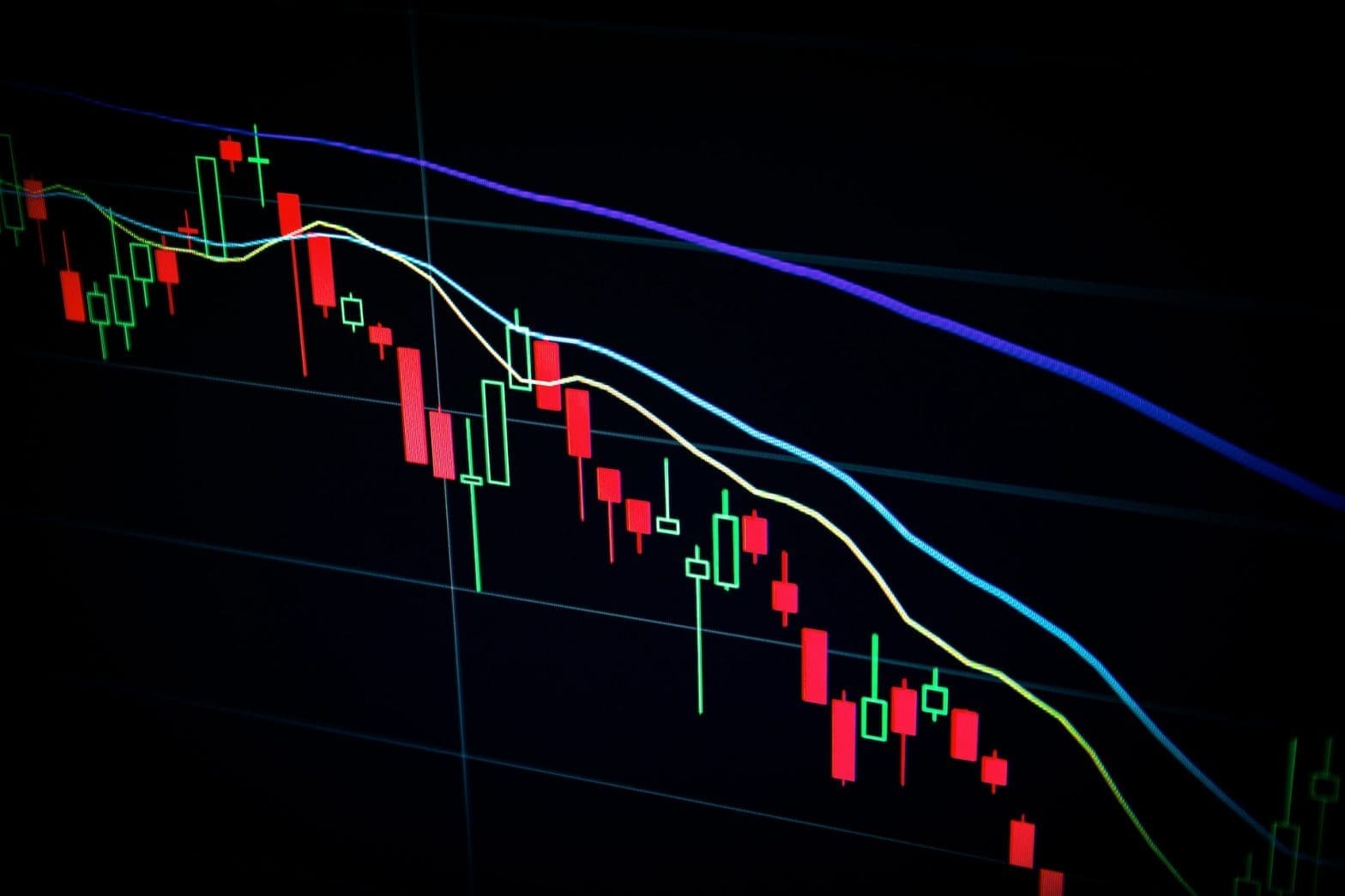Podcast - Dollar-dependent EMs face biggest economic hurdles
09 May 2023

The content below is an extract from an Investment Executive original piece published on 2 May 2023. Northcape Capital is the underlying investment manager for the Warakirri Global Emerging Markets Fund.
Patrick Russel of Northcape Capital also sees poor governance, weak judiciary as threats to EM growth
As the U.S. dollar strengthens, emerging economies that depend on the greenback are being hit with a double whammy, says Patrick Russel of Northcape Capital.
“The most vulnerable countries in our opinion at the moment are Turkey, South Africa and Columbia,” Russel said on the latest episode of the Soundbites podcast.
“And there’s a second layer [of risk] for companies if they have debt denominated in U.S. dollars, but rely on local currencies for their revenue. There’s a currency mismatch. And that’s another vulnerability in [emerging markets].”
Russel said a strengthening U.S. dollar has proven to be a headwind to returns of 3% to 4% per annum for emerging markets that are dependent on U.S. dollars over the past decade.
“If that comes off, all things being equal, we should get returns 3% to 4% higher,” he said. “And if EM currencies revalue and start improving, that then becomes a tailwind.”
Investing in emerging markets is a complex endeavour, he said, given the wide range of considerations.
Corporate governance
According to Russel, among the top concerns are local attitudes toward corporate governance and judicial independence. When those in good order, investors and corporations are protected and positive results can follow.
“That’s when people innovate because there’s an incentive to do it,” he said. “You get economic and growth and investment. And then you get more tax revenues. And then the government can invest in infrastructure, healthcare, education. And the whole flywheel then starts to spin.”
Russel said China’s scores on corporate governance and judiciary competence are low, with attendant threats to intellectual property and private ownership. South Korea, on the other hand, is improving on both counts.
“[South] Korea’s bringing in policies and adjusting laws to give shareholders and intellectual property and private investment greater protection,” he said. “And if you do that, it creates the environment for humans to do what they’re best at: solving problems, creating new technologies, commercializing them, and getting the reward from them.”
Demographics
On the demographics front — another key area of concern — Russel compared China with India.
“China has extremely challenging demographics. Its population is in decline. Its workforce is in decline. This is a massive headwind for economic growth,” he said.
By comparison, he said, India is enjoying the tailwind of favourable demographics.
“The percentage of the population under the age of 24 is almost 50%. There’s an enormous amount of people joining the workforce over the next five, 10, 15 years. They’re forming households. It’s a rising tailwind of middle-class economic development,” he said. “This is a really good environment for businesses to trade in.”
Low valuations
Russel said equities valuations in emerging markets have come down in recent months, driven primarily by aggressive monetary tightening.
“That has led to a [price/earnings] devaluation because the cost of capital is going up to ward off inflation. The second-order effect is, obviously, that economic growth slides, which impacts earnings. So, there’s that kind of multiplicative impact of PE compression — and then earning expectations have fallen.”
That is providing an interesting opportunity for investors, he said.
“The prospect of a turnaround will really come when these rates come off, as inflation reduces and earnings expectations start to pick up because you start to see more accommodative monetary policy,” he explained. “That’s the prospect over the next two to three years.”
Vigilance and active management are key in these markets, he said.
“You need to be very selective, both in terms of your country exposure and in terms of your company exposure,” he said. “You need to [have] a very selective disciplined process, to put yourself in front of the best opportunities for growth.”
